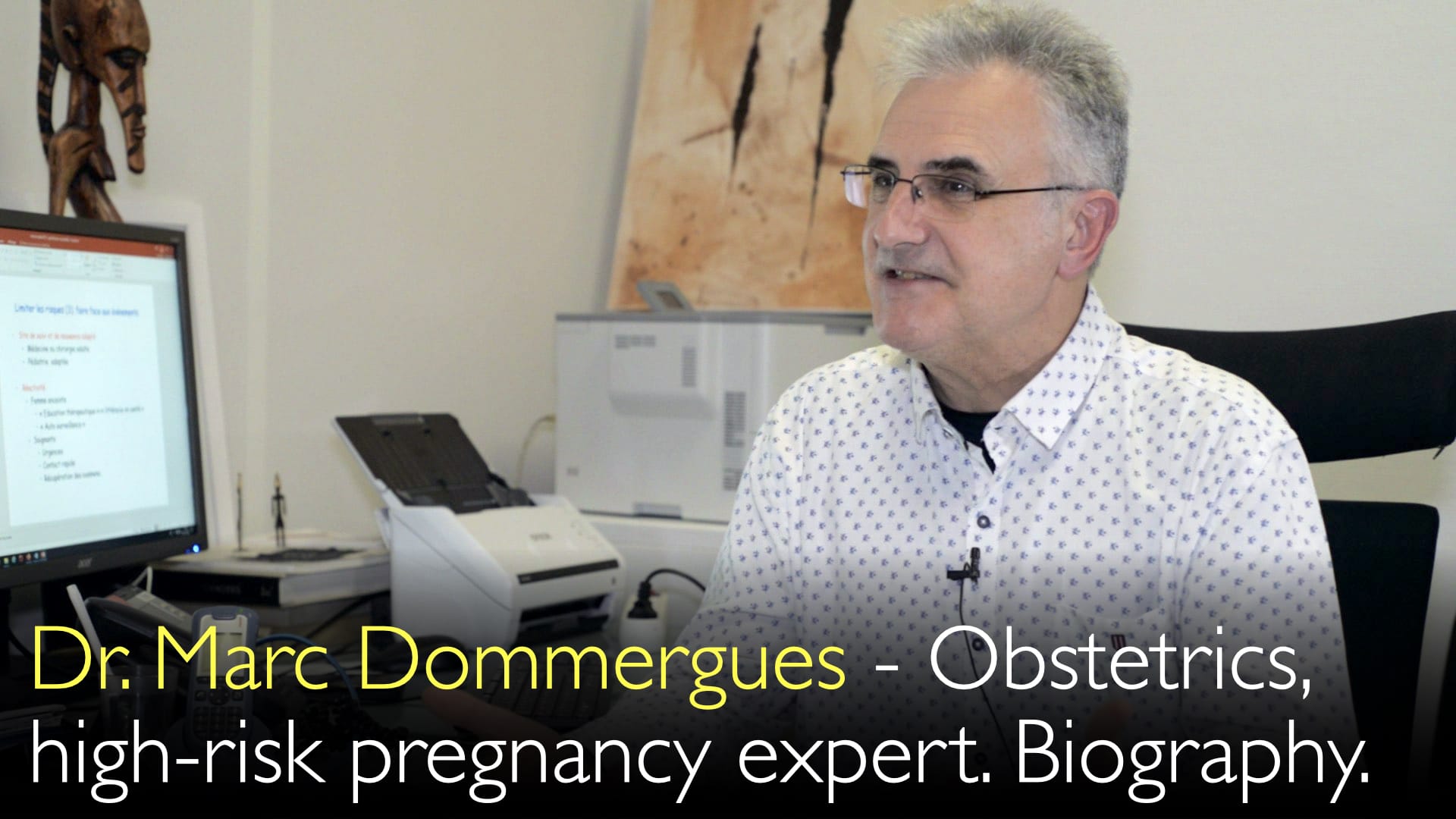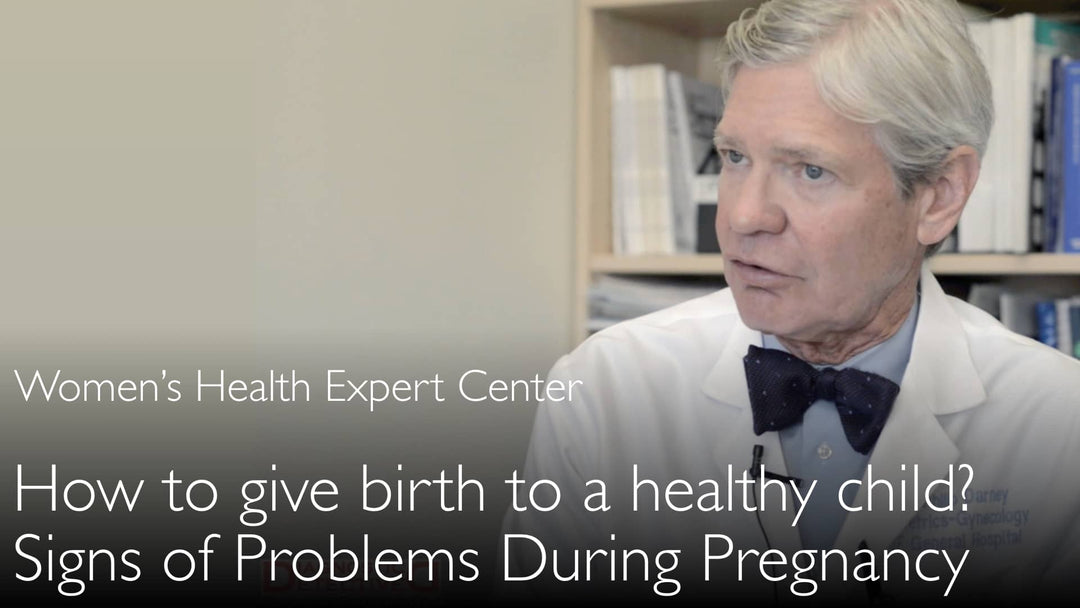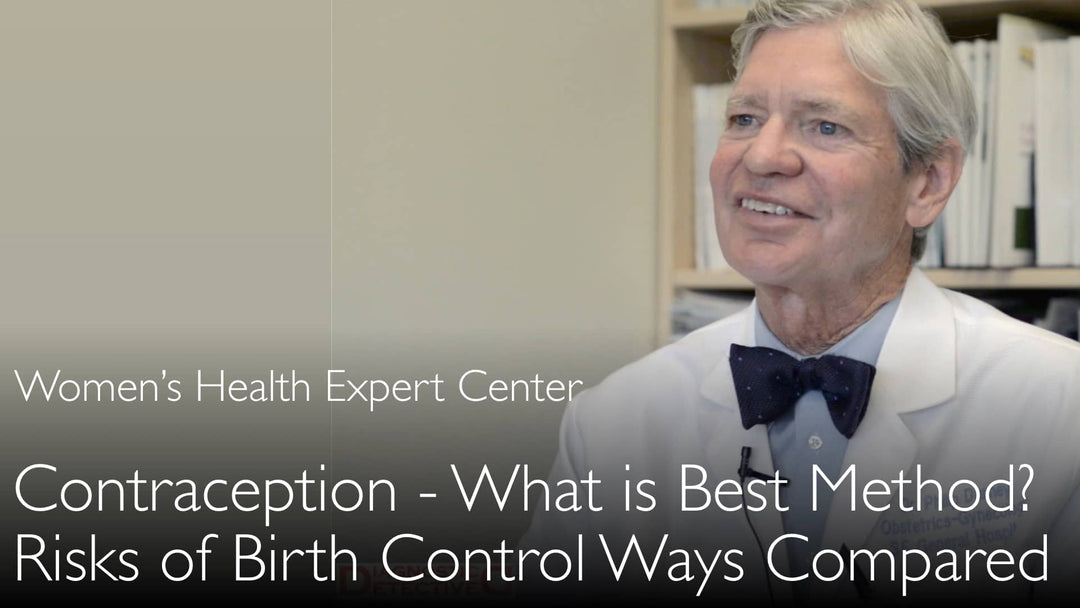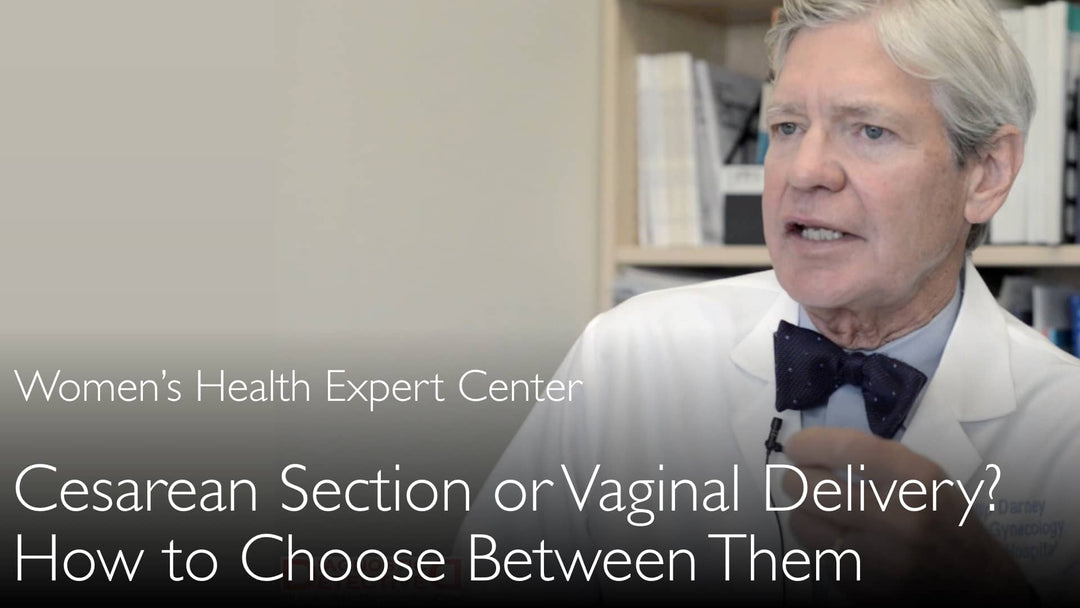O renomado especialista em epilepsia e gravidez, Dr. Marc Dommergues, aborda o tratamento dos riscos de convulsão e a segurança do uso de medicamentos por gestantes. Ele detalha precauções essenciais para proteger tanto a mãe quanto o bebê, discute os riscos significativos do ácido valproico e explica o complexo processo de decisão envolvido na troca de medicações anticonvulsivantes. O Dr. Dommergues também ressalta o aumento do risco de depressão pós-parto em mulheres com epilepsia e oferece conselhos práticos para as novas mães.
Epilepsia e Gravidez: Tratamento dos Riscos de Convulsões e Segurança Medicamentosa
Navegar para a Seção
- Riscos de Convulsões Durante a Gravidez e no Pós-Parto
- Precauções de Segurança para Novas Mães
- Depressão Pós-Parto e Epilepsia
- O Dilema do Ácido Valproico na Gravidez
- Troca de Medicamentos para Epilepsia Antes da Gravidez
- Impacto da Gravidez na Frequência de Convulsões
- Diagnóstico de Convulsões Durante a Gravidez
Riscos de Convulsões Durante a Gravidez e no Pós-Parto
A gravidez pode reduzir os níveis sanguíneos de medicamentos anticonvulsivantes, aumentando o risco de crises epilépticas. O Dr. Marc Dommergues, MD, ressalta que as precauções de segurança habituais devem ser mantidas, incluindo restrições para dirigir e nadar.
O período pós-parto apresenta um risco particularmente elevado. Fatores como jejum, privação de sono, estresse e dor podem desencadear convulsões, tornando o acompanhamento rigoroso essencial para a segurança da mãe e do bebê.
Precauções de Segurança para Novas Mães
O Dr. Marc Dommergues, MD, oferece orientações práticas para evitar danos ao bebê em caso de convulsão. Ele recomenda trocar a criança em uma superfície baixa, como uma cama, em vez de em mesas altas, para prevenir quedas.
Durante a amamentação com mamadeira, a mãe deve sentar-se confortavelmente no chão. O banho do bebê deve ser realizado, de preferência, com a presença de outra pessoa para maior segurança. Essas medidas simples reduzem significativamente os riscos.
Depressão Pós-Parto e Epilepsia
Mulheres com epilepsia têm maior risco de depressão pós-parto. O Dr. Marc Dommergues, MD, orienta as novas mães a ficarem atentas a sintomas como sentimentos de incapacidade ou culpa excessiva.
Ele enfatiza a importância de não enfrentar o problema sozinha. Recomenda-se comunicar imediatamente ao neurologista caso esses sentimentos surjam entre três e seis meses após o parto. Buscar ajuda é fundamental para o cuidado pós-natal.
O Dilema do Ácido Valproico na Gravidez
O Dr. Marc Dommergues, MD, relata um caso clínico complexo envolvendo ácido valproico. A medicação é altamente eficaz para epilepsia genética, mas está associada a graves malformações fetais. Em uma família, a interrupção do medicamento havia resultado previamente em um estado de mal epiléptico fatal.
Isso colocou uma gestante de 18 anos diante de uma escolha difícil: continuar com a droga, arriscando prejudicar o bebê, ou suspendê-la, com risco de morte. A gravidez foi interrompida devido à gravidade da situação, ilustrando os desafios extremos que algumas mulheres enfrentam.
Troca de Medicamentos para Epilepsia Antes da Gravidez
Um cenário mais comum envolve a substituição do ácido valproico por uma alternativa mais segura antes da gravidez. O Dr. Marc Dommergues, MD, explica que a transição é gradual e desafiadora, podendo resultar em controle menos eficaz das convulsões.
No entanto, os benefícios de evitar a exposição ao ácido valproico superam os riscos de convulsões ocasionais. Uma crise isolada geralmente não é perigosa, desde que não evolua para estado de mal epiléptico. Aceitar esse risco temporário pode ser uma escolha razoável para proteger o bebê.
Impacto da Gravidez na Frequência de Convulsões
O efeito da gravidez na epilepsia varia significativamente. O Dr. Anton Titov, MD, questionou o Dr. Dommergues sobre essa influência. O fator mais relevante costuma ser a necessidade de interromper medicamentos eficazes, o que eleva o risco de convulsões.
Em algumas pacientes, a frequência de crises aumenta sem motivo aparente; em outras, a epilepsia melhora drasticamente durante a gestação. Essa imprevisibilidade reforça a necessidade de acompanhamento individualizado e monitoramento rigoroso.
Diagnóstico de Convulsões Durante a Gravidez
O Dr. Marc Dommergues, MD, oferece um conselho valioso para o diagnóstico: em caso de suspeita de convulsão, filmar os sintomas com um smartphone pode ser extremamente útil para o neurologista.
Ele observa que, para leigos, um vídeo pode ser mais informativo que um EEG inicialmente. Embora o EEG permaneça crucial para especialistas, o registro visual permite confirmar visualmente a natureza do evento, agilizando o diagnóstico.
Transcrição Completa
Dr. Marc Dommergues, MD: É muito importante destacar que a gravidez pode reduzir os níveis sanguíneos dos medicamentos, aumentando o risco de convulsões. Por isso, as precauções cotidianas—como evitar dirigir ou nadar—devem ser mantidas durante a gestação.
Essas medidas também se aplicam ao pós-parto, período de risco elevado devido a fatores como jejum, insônia, estresse e dor, que podem precipitar uma crise.
A pergunta-chave é: "Como evitar machucar meu bebê se eu tiver uma convulsão?" Existem medidas simples, como trocar a criança na cama—e não em mesas altas—e amamentar com mamadeira sentada no chão.
Para o banho, o ideal é ter outra pessoa por perto. Por fim, é crucial lembrar que a depressão pós-parto é mais comum em mulheres com epilepsia.
Se, meses após o parto, você se sentir incapaz ou culpada sem motivo, converse com seu neurologista. Não sofra em silêncio.
Casos simples são comuns, mas situações complexas também ocorrem. Lembro-me de uma jovem de 18 anos em uso de ácido valproico para epilepsia genética, com leve deficiência intelectual. Seu irmão havia falecido após tentativa de suspensão do medicamento.
Dr. Anton Titov, MD: Nessa família, interromper o ácido valproico representava risco de morte, mas mantê-lo na gravidez ameaçava o bebê. A situação era tão grave que resultou na interrupção da gestação—um caso raro e complexo.
Dr. Marc Dommergues, MD: Mais frequentemente, mulheres com controle adequado da epilepsia com ácido valproico desejam engravidar. A troca para outro medicamento é difícil e gradual, e o controle pode piorar temporariamente.
No entanto, os benefícios de evitar a exposição fetal ao ácido valproico superam os riscos de convulsões isoladas, que geralmente não são graves se não evoluírem para estado de mal epiléptico.
Dr. Anton Titov, MD: Portanto, aceitar algumas crises pode ser uma escolha razoável para proteger o bebê de malformações.
Dr. Marc Dommergues, MD: Sim, uma convulsão isolada na gravidez raramente tem consequências graves.
Dr. Anton Titov, MD: Como a gravidez afeta a epilepsia em geral? Aumenta ou reduz a probabilidade de convulsões?
Dr. Marc Dommergues, MD: A variação é grande. O efeito mais significativo ocorre quando a gestação exige a suspensão de medicamentos eficazes. Algumas pacientes têm mais crises sem explicação clara; outras apresentam melhora drástica. É imprevisível.
Dr. Anton Titov, MD: O EEG poderia prever um padrão cerebral mais estável?
Dr. Marc Dommergues, MD: Como não sou neurologista, recomendo uma abordagem prática: em caso de suspeita de convulsão, filme os sintomas. O vídeo auxilia muito no diagnóstico, às mais do que um EEG inicial para não especialistas.
Dr. Anton Titov, MD: Conselho excelente e prático. Obrigado!








